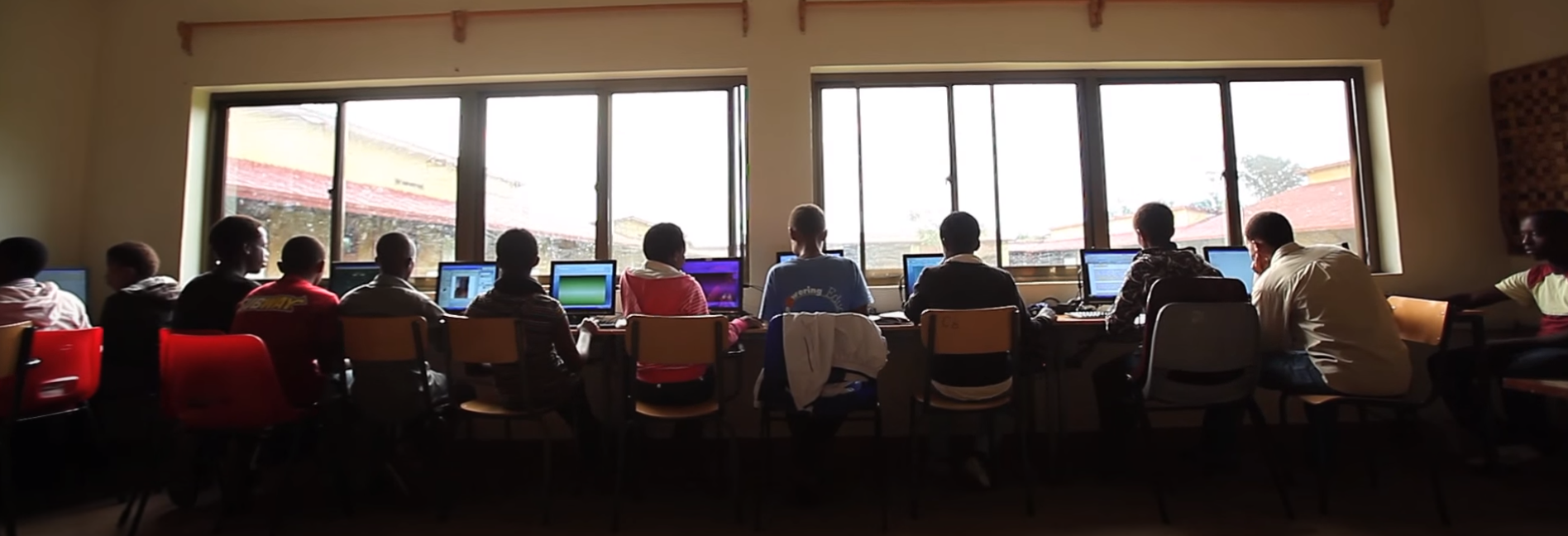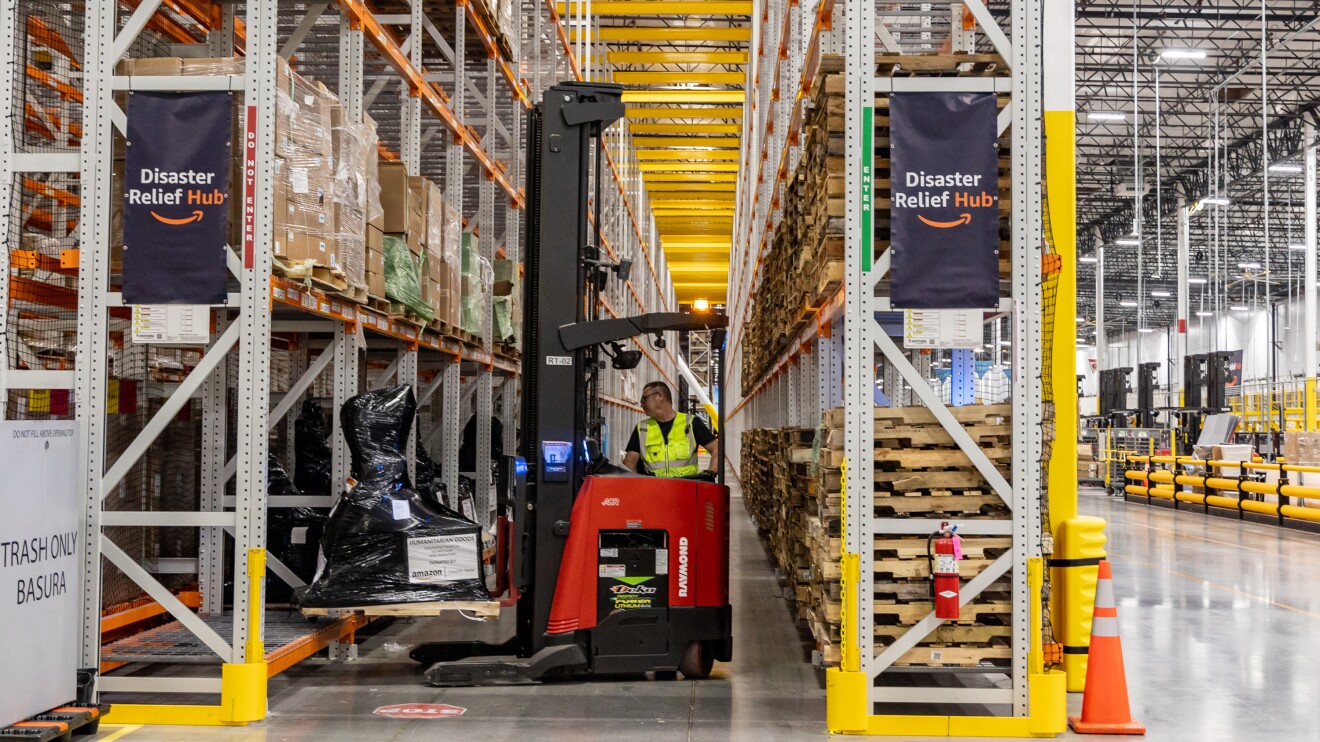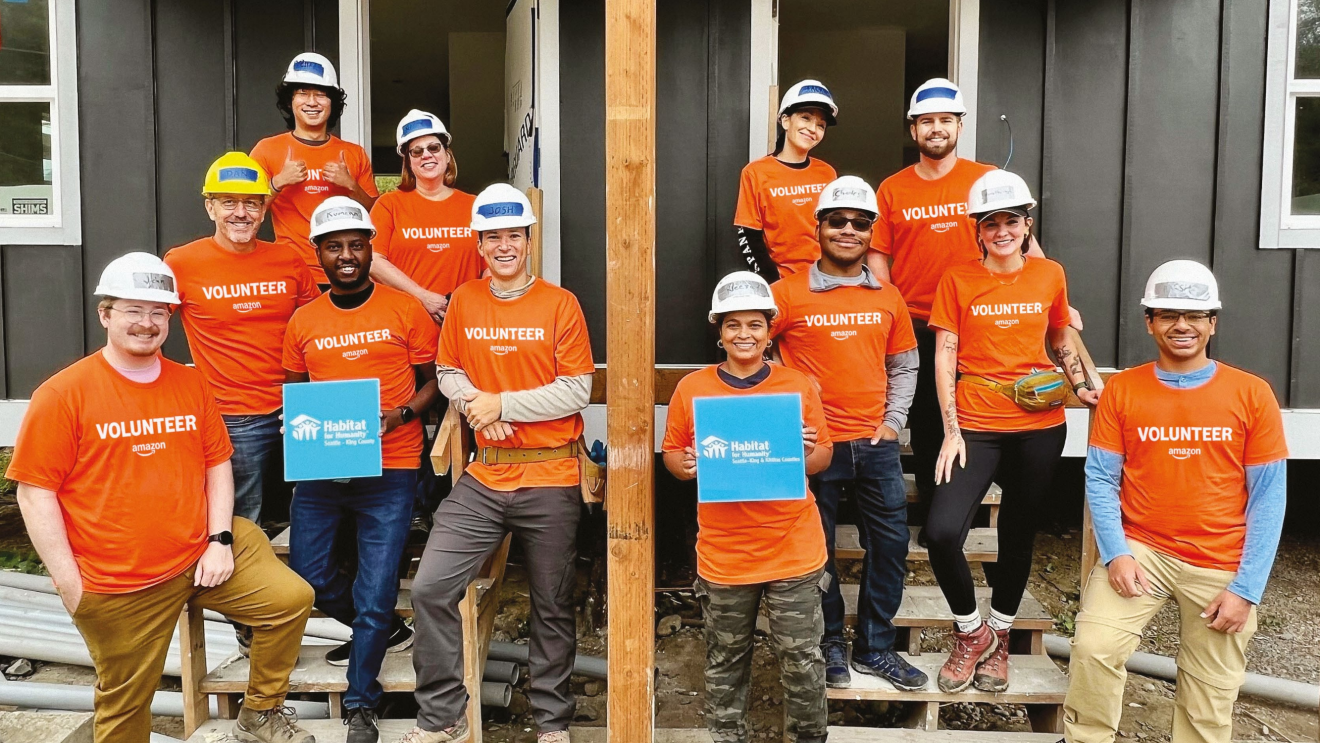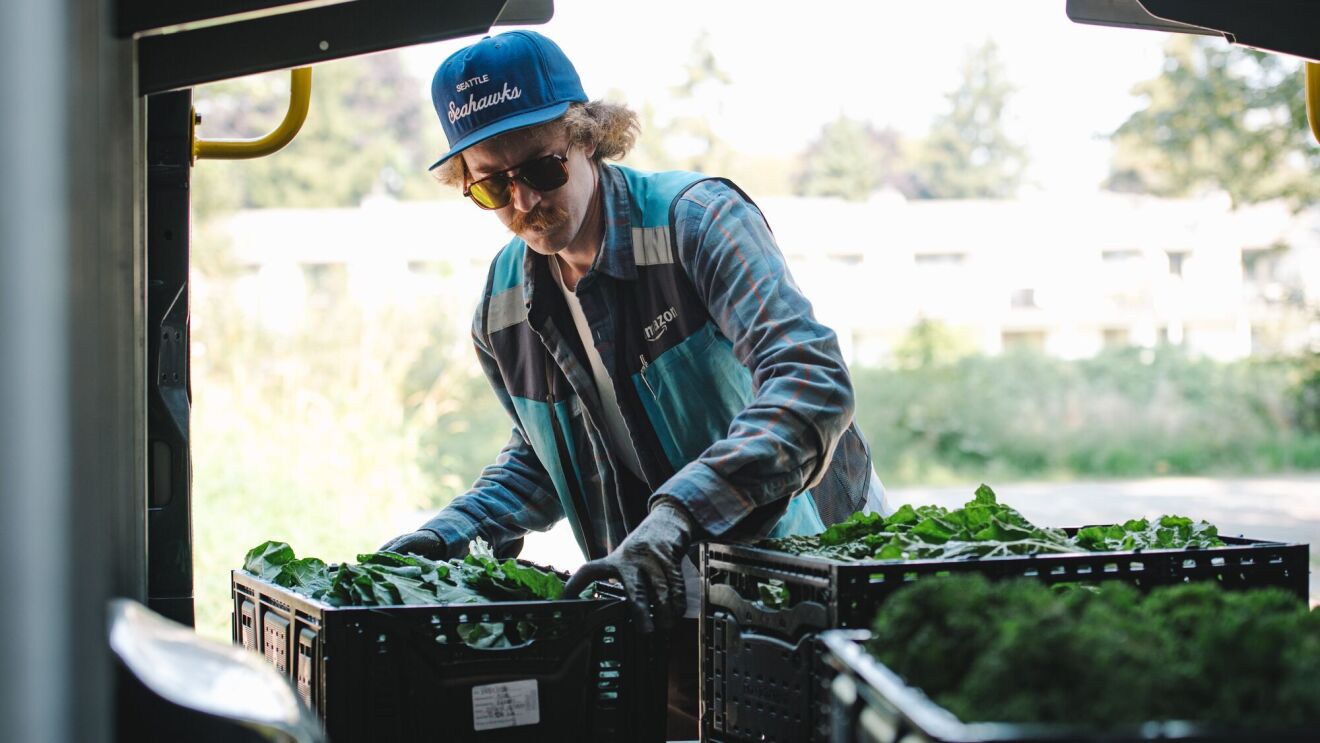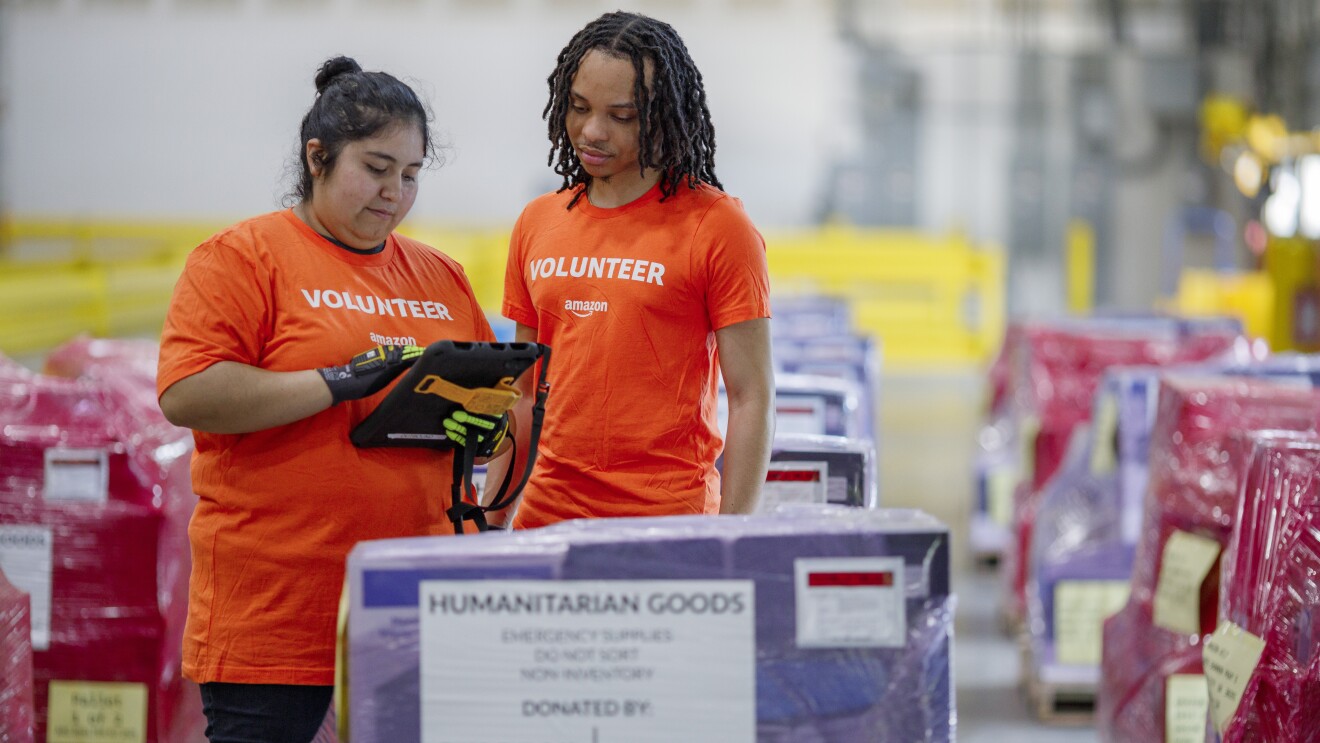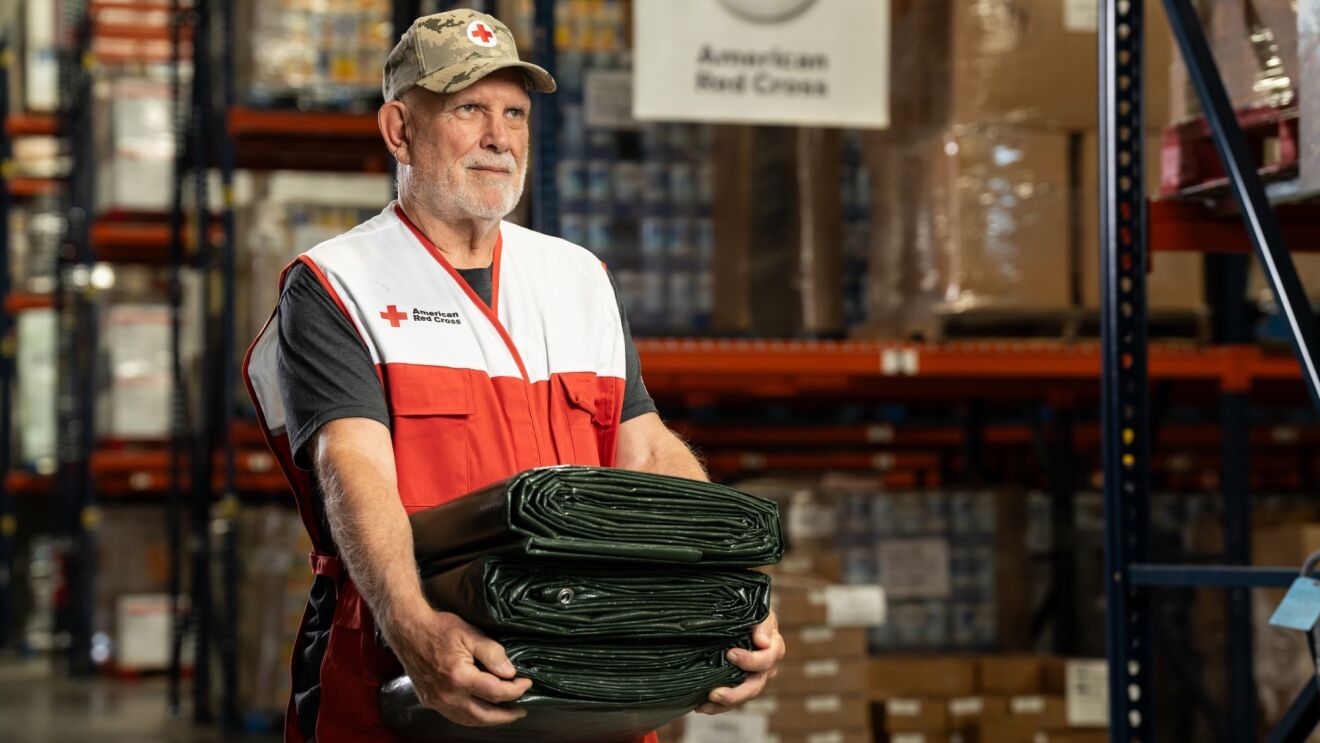In the summer of 2018, David Kosbie visited a school for orphaned and vulnerable youth in rural Rwanda. Kosbie, an Associate Professor of computer science at Carnegie Mellon University (CMU), was there to watch the school work with a curriculum from CMU’s Computer Science Academy, a program he helped co-found as a way to reach students who lack access to a computer science curriculum.
“The computer science students would come in early and leave late,” he recalled. “On my last day there, they tried to convince me not to go to the airport to go home.”
What had the students buzzing was the chance to learn advanced computer science and programming skills—an opportunity they’d never had before. Computer Science Academy’s online classes and teacher training gave these students a chance to develop 21st-century skills.
“It was just so heart-warming,” Kosbie said. “I’ve sent some of my CMU students to that same school, and for each one it was a life-altering experience. The life stories of these students are mostly tragic, yet the school (Agahozo-Shalom Youth Village) is one of the most joyous places I have ever been.”
Launched in 2018 by Kosbie and CMU colleague Mark Stehlik, Carnegie Mellon University’s Computer Science Academy (CMU CS Academy) is a rigorous online computer science program that has reached more than 5,600 teachers and mentors and 61,000 students around the world, giving a boost to schools that have limited opportunities to offer students courses in computer science and programming. The academy is free to schools that participate, and offers online and in-person teacher training and support at no cost.
Amazon has now announced it will provide $2 million to support CMU CS Academy over the next three years. The donation comes from Amazon Future Engineer, Amazon’s childhood-to-career computer science education program aimed at educating and training students from underserved and underrepresented communities.
Kosbie said the donation comes at a great time—CMU CS Academy is growing at a rapid clip. “That $2 million will pretty much cover our current operations for three years,” he said. “It will help us with course production, course hosting, and professional development for teachers. It also will begin to help us expand our efforts to produce CMU CS Academy in different languages.”
Most importantly, he said, it will allow CMU CS Academy to pursue its twin goals of helping students entering the world of computer science, while creating a bigger, more diverse, and equitable pipeline of programmers and computer scientists. “Tech companies just can’t find enough talent,” said Kosbie. “And because of the way equity issues play out in schools, a high percentage of the best and brightest have little hope of getting into this pipeline. Amazon, of course, gets that, and is working to change that with Amazon Future Engineer.”
CMU CS Academy offers a rigorous introduction to computer science. “While we are designed to reach all students at all levels, we’re CMU and we have to uphold high standards,” Kosbie said. “This is not just a gentle taste of programming, where when you’re finished you know what programming is but can’t program. This is the real deal.”
Though challenging, classes are also designed to be fun, with a strong emphasis on creativity and graphics. In addition, CMU students design many of the exercises. As recent high-schoolers themselves, they have a good sense of what is relevant to CMU CS Academy’s primary audience.
CMU CS Academy currently offers three core curricula: A basic course for middle schools, school camps, or out-of-school programs; a robust introduction to learning programming through graphics and animations for middle and high schools; and a prep course for students preparing to take advanced placement tests or to take computer science courses in college. It also offers teacher training, 24/7 support, and teacher resources.
Because classes often are taught in schools that lack great technical resources—60% of participating U.S. public schools are Title I schools that receive federal funds—they’re designed to run on rudimentary computer equipment and weaker Internet connections.
Looking forward, Kosbie said that in addition to underwriting CMU CS Academy operations, Amazon’s donation will help the program focus on developing methods for measuring the actual impact of its classes—whether they boost achievement, what career paths graduates take, and how college acceptance rates change. “We want to be able to go to prospective donors and scientifically show them that what we’re doing works,” he said. “So far, we’re hearing very promising qualitative results, but we want to back that up with sound quantitative results.”
Ultimately, Kosbie sees CMU CS Academy as a vehicle for giving young people a hand they might not otherwise receive. “We’re doing this because we know this is the right thing to do,” he said. “We have been unbelievably blessed by being skilled and experienced in a discipline that is very rewarding personally but also financially. We feel an obligation to share these opportunities with students who might not otherwise have them.”
"We look forward to seeing the impact students with varying backgrounds will have on our world after building these fundamental computer science skills.”

